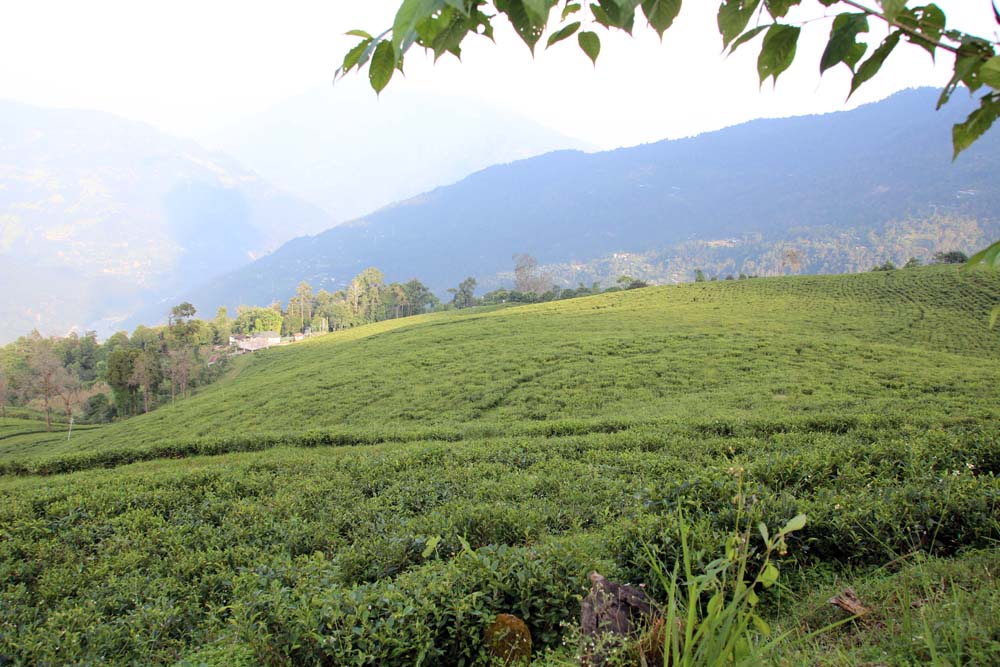Darjeeling Tea

In Darjeeling what is called a garden is actually a large plantation that may cover a thousand or more acres, and cover a thousand feet in altitude. These plantations, established by the British in 1852, are home to hundreds of workers and their families. Most are self-contained communities with their own school, hospitals and temples.
Names such as Scotch, Champagne, or Darjeeling instantly communicate a certain cachet. These appellations speak volumes of information to consumers. Consequently, the perceived value of these drinks is generally higher than their generic counterparts. Each beverage reflects its origin and environment in its taste. This is also true of Darjeeling tea.
To make the name Darjeeling distinctive, the Tea Board of India has designed a logo now used by all producers, packers and exporters of Darjeeling tea. An Application must be made with the Tea Board of India for its use. Minimal fees, based on tonnage sold, are collected in exchange for the right to use the mark in packaging or advertising. Hopefully, this branding will give assurance to consumers that they are buying authentic Darjeeling tea.
No other tea in the world carries the distinctive muscatel overtones and bright coppery color of a tea from the Darjeeling region of North Eastern India. Its appearance, liquor and aroma are instantly recognizable by tea drinkers worldwide. A Darjeeling China bush will not produce the same muscatel tones if taken from its nest on the mountain and planted in the lowlands of Dooars or Assam. Darjeeling teas owe their unique flavor partly to the type of bush and partly to the climate.
The Tea Board of India is spending millions of dollars annually to research better growing methods and subsidize replanting and infilling for many of these older gardens. The Tea Board’s Darjeeling Tea Research and Development Center offers cultivation and production assistance and incentives to all gardens that will take advantage of their expertise.
Recommended reading:
The Complete Guide to Darjeeling Tea Gardens by Mr. Harish C Mukhia available on Amazon and iTunes.
Want to take an indepth lesson on Darjeeling Tea? Check out the Immersion: Darjeeling Program in collaboration with World Tea Tours.
